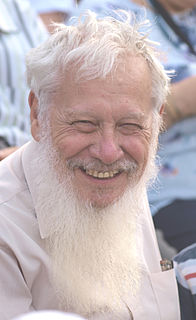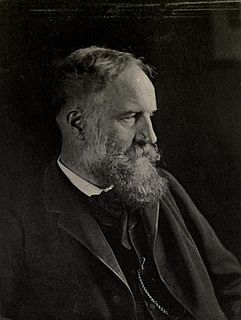A Quote by Barbara Branden
A moral person is one who constantly exercises, and acts on, his best rational judgment.
Related Quotes
Let's just call things what they are. When a man's love of finery clouds his moral judgment, that is vanity. When he lets a demanding palate make his moral choices, that is gluttony. When he ascribes the divine will to his own whims, that is pride. And when he gets angry at being reminded of animal suffering that his own daily choices might help avoid, that is moral cowardice.
Still, even the most admirable of atheists is nothing more than a moral parasite, living his life based on borrowed ethics. This is why, when pressed, the atheist will often attempt to hide his lack of conviction in his own beliefs behind some poorly formulated utilitarianism, or argue that he acts out of altruistic self-interest. But this is only post-facto rationalization, not reason or rational behavior.
A warrior is a hunter. He calculates everything. That's control. Once his calculations are over, he acts. He lets go. That's abandon. A warrior is not a leaf at the mercy of the wind. No one can push him; no one can make him do thingsagainst himself or against his better judgment. A warrior is tuned to survive, and he survives in the best of all possible fashions.
If I make a stupid decision but don't execute it because I'm, say, lazy, then I'm lucky, not rational. However, at other times a person acts for good reasons just as she does what she thinks she shouldn't do, not knowing that they are good reasons. Just like sometimes we are a lot less rational than we think we are, it is also true that sometimes we are a lot more rational than we think we are.
Appeasers will always try to get the least dangerous person to bend to the most dangerous person. This is one of the main problems in dysfunctional relationships. The more mature and rational you are the more you are victimized because, they are aware that you're not going to be as aggressive, destructive, or possibly as abusive and so you are the one who has to bend. You're the one who has to change and this constant rapping of rational people's souls around the prickly irrationalities of other people are what appeasers are constantly doing.
If I were to speak your kind of language, I would say that man's only moral commandment is: Thou shalt think.
But a 'moral commandment' is a contradiction in terms. The moral is the chosen, not the forced; the understood, not the obeyed.
The moral is the rational, and reason accepts no commandments.
Under theocracies and other authoritarian regimes, the rulers are the moral authorities. Under genuine democracy some basic values are entrenched in the legal system, which is expected to be under democratic vigilance, and others are left to the person or the group, which ideally debate moral problems in a rational, free and cooperative manner.
Somehow it must be made plain that the lawyer's moral judgment is not for hire, that there are occasions when the lawyer . . . is under a duty to act as a person of independent ethical concern with obligations not only to his client's interests but also to fairness and justice in the management of affairs.







































